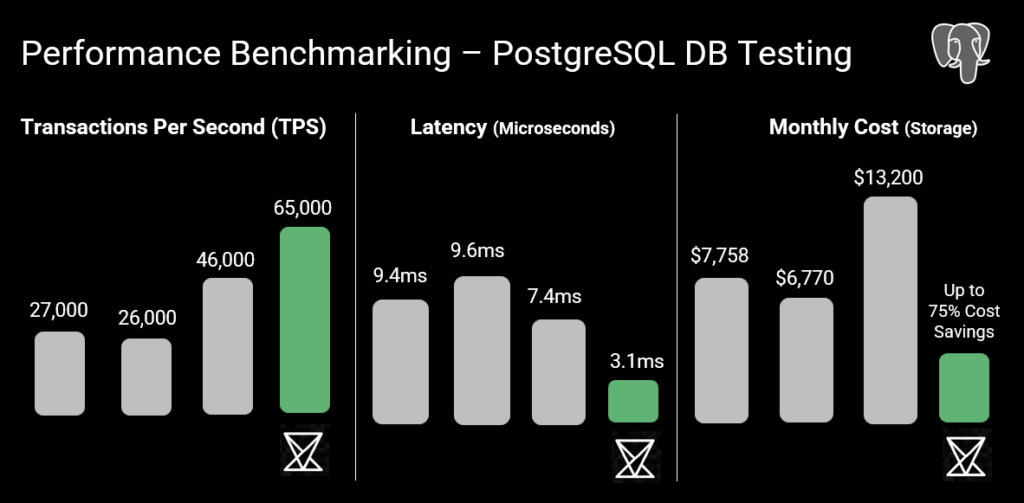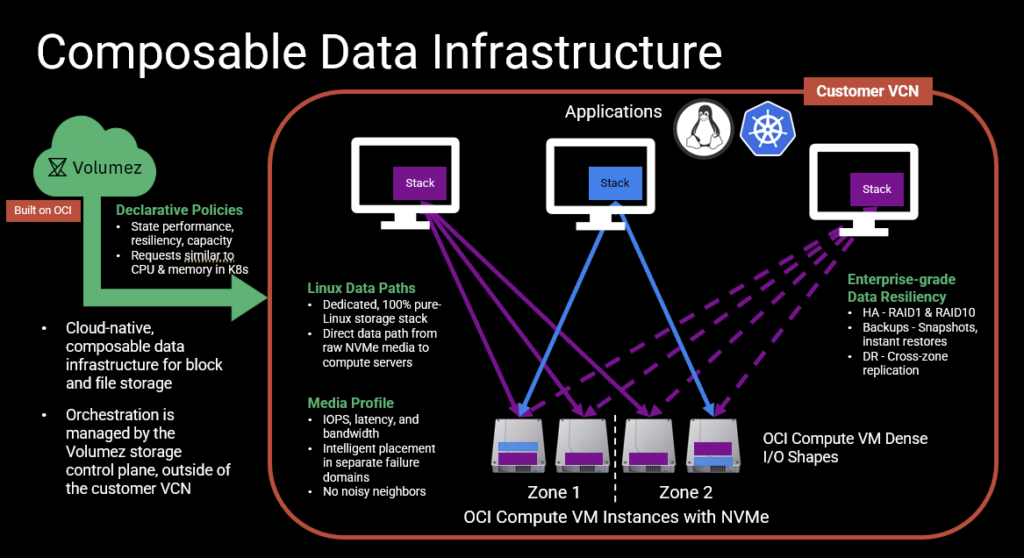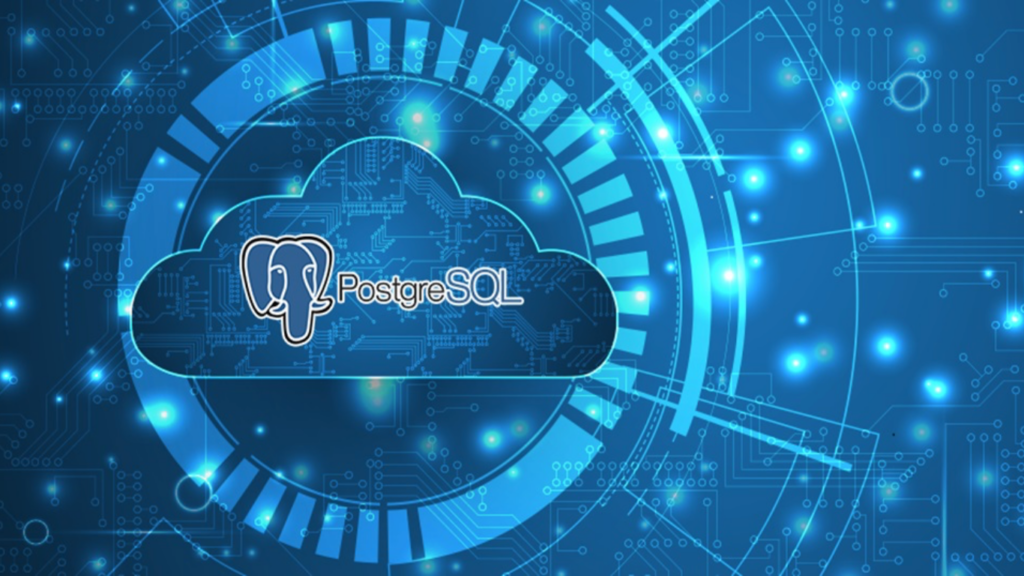Chief Revenue Officer
Jason McKinney
Why focus on PostgreSQL?
PostgreSQL, originally named POSTGRES, has a fascinating history and has evolved into a leading relational database management system. Its creator, Michael Stonebraker, was honored with the Turing Award for his groundbreaking work in database technology.
As of now, PostgreSQL ranks as the fourth most popular database according to DB-Engines1, based on criteria like web mentions, technical discussions, job postings, and social media relevance. It’s also recognized as the second fastest-growing database after Oracle.
One of PostgreSQL’s main appeals is its open-source nature, which allows for free use and contributions from a vibrant community. This fosters rapid prototyping and extensive modifications, making it adaptable to various needs.
Written in C, PostgreSQL provides a strong and efficient platform for managing large datasets. It’s particularly suited for businesses that manage substantial data volumes, including gaming apps, database automation tools, and domain registrations. Major companies utilizing PostgreSQL include Apple, Spotify, Instagram, Uber, Netflix, Skype, Twitch, and Reddit, highlighting its versatility and reliability in diverse applications.
Challenges with migrating, running, and scaling PostgreSQL in the cloud
Some of the biggest challenges while running a PostgreSQL in the public cloud center around the unpredictable cost for cloud resource consumption. It is common to underestimate this cost.
Another challenge is around predictability of performance. Database Admins and IT organizations are accustomed to having complete control of their database environment on premises and are used to the predictable performance delivered by a pre-sized and stable data infrastructure. When moving to the cloud, the organization can lose the capability of being able to control their once very stable environment and surrender to the unpredictable performance of a cloud provider. It can be hard to deal with performance that is now being degraded by noisy neighbors, shared environments, with the need to set limitations on storage that is used as a way for the cloud provider to control their costs. Being able to predict latency, IOPS, and future scalability becomes elusive and can be frustrating.
Self-managed PostgreSQL on OCI with Volumez
OCI has been testing the Volumez solution in their current environment. Volumez has been able to achieve impressive results. We have been able to predictably deliver 65,000 transactions per second (TPS) or 3X the performance, 3.1ms latency or one-third the latency, and up to 75% of the cost savings compared to other fully managed database services.
What is even more significant is that these are not just peak numbers, but sustainable and predictable numbers that our customers can rely on in their own self-managed PostgreSQL environment.

Figure 1: Pgbench performance benchmark results on PostgreSQL on OCI with Volumez compared to other fully managed database services.
High TPS combined with ultra-low latency drives greater revenue and ROI, improves customer experiences, strengthens data integrity, and allows for the real-time operations that modern applications demand. This scalable approach optimizes existing compute and storage instances, enabling faster provisioning and unlimited instant snapshots, restores, and cross-zone replication, resulting in zero data loss for PostgreSQL database environments moving to OCI. As a result, applications can scale quickly in the cloud using enterprise-quality performance matching or exceeding on-premises capabilities with predictable cost outcomes for organizations deploying infrastructure as code
How it works
The Volumez solution uses standard cloud compute systems with attached storage to create an environment that produces consistent and powerful results. Within the OCI solution, we use VM instances that are used for compute (for the application nodes) and as NVMe storage targets (for the media nodes). The storage can be purchased in multiple variations based on application and media needs like how a customer would purchase compute resources. Volumez uses these application and media nodes to architect a Linux-based block storage solution that has a dedicated data path that can produce high throughput, IOPS, and low latency for the user.

Figure 2: Volumez’ composable data infrastructure dynamically tailors compute and storage resources from discrete IaaS components to deliver extreme performance, ultra-low latency, and unprecedented throughput.
Using the Volumez solution, the PostgreSQL DBA or IT Professional can now control their storage environment and produce predictable performance. The user can have complete autonomy on resize actions, no time restrictions imposed on modifications, and no longer have imposed wait times for data volumes on expansion or creation. These functions are now under complete control of the PostgreSQL user on OCI with Volumez.
Get started on the Oracle Cloud Marketplace
Volumez, a member of Oracle PartnerNetwork, recently announced that its Volumez ISV Solution is available on Oracle Cloud Marketplace and can be deployed on OCI. Read the press release. Volumez, a member of Oracle PartnerNetwork, recently announced that its Volumez ISV Solution is available on Oracle Cloud Marketplace and can be deployed on OCI. Read the press release. Watch this demo video on how you can run and scale PostgreSQL on OCI to 65K TPS with ultra-low latency.
Coming soon, PostgreSQL users will be able to run a comprehensive pgbench performance benchmark in OCI on the Volumez’ tenant free-of-charge. This will enable users to get firsthand experience with Volumez and see the 65K TPS, guaranteed extreme performance, and ultra-low latency at significant cloud cost savings on OCI.
1https://db-engines.com/en/ranking
Chief Revenue Officer
Jason McKinney
As the CRO at Volumez, Jason McKinney brings a wealth of expertise in enterprise software sales, cloud storage and cloud infrastructure to the team. With a focus on accelerating cloud adoption and application performance, Jason plays a pivotal role in driving all aspects of Volumez’ Customer Success, Go-to-Market, and Revenue Execution. Jason’s extensive industry experience includes co-founding CloudGenera, a SaaS workload placement analytics platform, and holding key sales positions at VMWare, Salesforce, and NetApp Cloud during his 28 years in Silicon Valley.
